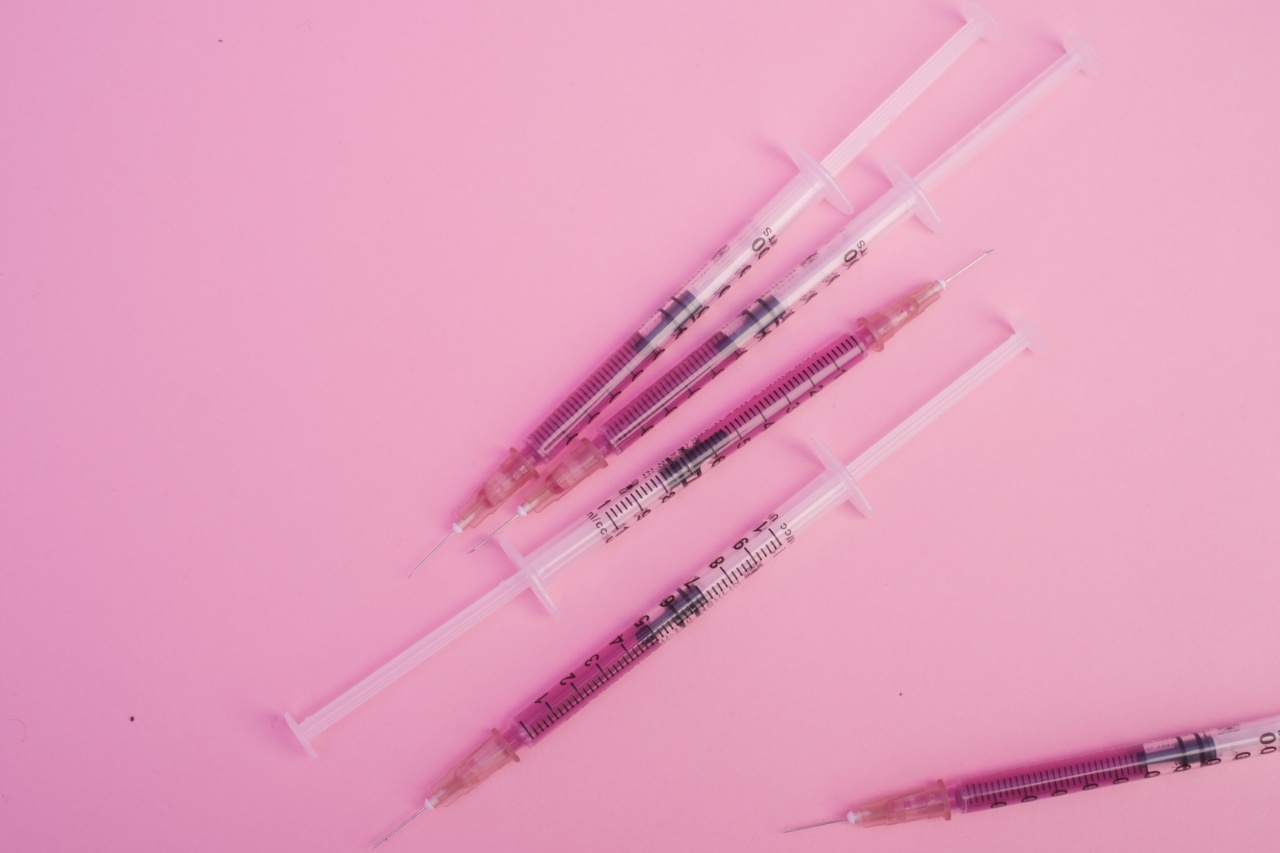Strokes are a serious health condition that can have devastating effects on individuals and their families. Every year, millions of people worldwide suffer from strokes, leading to permanent disabilities and even death.
However, there is a remarkable substance that has been gaining recognition for its potential in protecting against strokes and reducing their severity. In this article, we will explore this amazing substance and how it can help prevent strokes.
Understanding Strokes
Before delving into the details of this incredible substance, it is essential to understand what strokes are and how they occur.
A stroke, also known as a cerebrovascular accident, happens when the blood supply to the brain is interrupted or reduced, causing brain cells to be deprived of oxygen and nutrients. This lack of blood flow can occur due to a blockage in a blood vessel or the rupture of a blood vessel.
Strokes can lead to various symptoms, including sudden weakness or numbness in the face, arm, or leg, difficulty speaking or understanding speech, severe headache, dizziness, and loss of balance or coordination.
The severity of a stroke and its long-term effects depend on several factors, including the extent and location of the damage in the brain.
The Amazing Substance: Resveratrol
Resveratrol is a natural compound found in certain plants, particularly grapes, and has gained considerable attention for its potential health benefits.
It is known as a powerful antioxidant and has been studied extensively for its effects on cardiovascular health. Recent research has also highlighted its positive impact on stroke prevention and recovery.
Reducing Stroke Risk
Resveratrol has been shown to possess several properties that contribute to reducing the risk of strokes. Firstly, its antioxidant properties help protect against the oxidation of LDL cholesterol, also known as “bad” cholesterol.
When LDL cholesterol is oxidized, it can build up in the arteries, leading to atherosclerosis – a significant risk factor for strokes.
Additionally, resveratrol has been found to decrease inflammation in the body, including inflammation in the blood vessels. Inflammation is closely linked to the development of cardiovascular diseases, including strokes.
By reducing inflammation, resveratrol helps maintain vascular health and reduces the risk of strokes.
Furthermore, studies have indicated that resveratrol improves the function of endothelial cells which line our arteries. These cells play a critical role in controlling blood clotting and preventing the formation of blood clots that can cause strokes.
By enhancing endothelial function, resveratrol helps keep blood flowing smoothly, reducing the chances of clot formation.
Resveratrol has also demonstrated its ability to lower blood pressure, another significant risk factor for strokes.
By dilating blood vessels and improving blood flow, it helps maintain optimal blood pressure levels and reduces strain on the cardiovascular system.
Supporting Stroke Recovery
In addition to its preventive effects, resveratrol has shown promise in supporting stroke recovery. After a stroke occurs, the brain undergoes a complex process of repair and regeneration.
Resveratrol has been found to promote this process by stimulating the growth of nerve cells and blood vessels in the affected areas.
Furthermore, resveratrol exhibits neuroprotective properties, which means it can protect brain cells from damage and aid in their survival.
By reducing inflammation and oxidative stress in the brain, it helps create an optimal environment for recovery and repair following a stroke.
How to Incorporate Resveratrol into Your Life
If you’re interested in harnessing the potential benefits of resveratrol to protect yourself from strokes, there are several ways to incorporate it into your life.
One of the most common sources of resveratrol is red wine, particularly those made from grapes. However, it’s important to consume red wine in moderation as excess alcohol consumption can have detrimental effects on health.
Alternatively, you can obtain resveratrol from other food sources such as grapes, blueberries, cranberries, and peanuts. These foods contain varying levels of resveratrol and can be included in your regular diet.
Supplements containing resveratrol are also available in the market and offer a convenient way to ensure an adequate intake of this potent substance.
However, it is always recommended to consult with a healthcare professional before starting any new supplement regimen, particularly if you have any existing medical conditions or are taking other medications.
Conclusion
Strokes are a significant health concern that can have life-changing consequences. However, by taking proactive steps to reduce the risk of strokes, such as incorporating resveratrol into our lives, we can safeguard our health and well-being.
Resveratrol’s antioxidant, anti-inflammatory, blood pressure-lowering, and neuroprotective properties make it an amazing substance for stroke prevention and recovery. Whether through dietary sources or supplements, resveratrol holds promising potential in protecting ourselves and our loved ones from the devastating effects of strokes.




























